Inner Voice Counselling and Psychotherapy offers one to one counselling for children and young people. We also offer a no-obligation 20-minute initial consultation free of charge.
We offer effective, evidence-based counselling and psychotherapy interventions for children and young people. Sessions are typically weekly or fortnightly. We offer regular review sessions where we discuss how things go for your child in therapy and tailor the sessions to meet your child’s needs.
Location
Face to face sessions are available in a modern and accessible location 15-minutes’ walk from Salford Quays (Media City UK) in Manchester, UK. Free parking space is available. There are bus stops a few meters away. The nearer tram stop (Langworthy) is 200 meters away. The nearest train station (Salford Crescent) is 15-minutes’ walk.
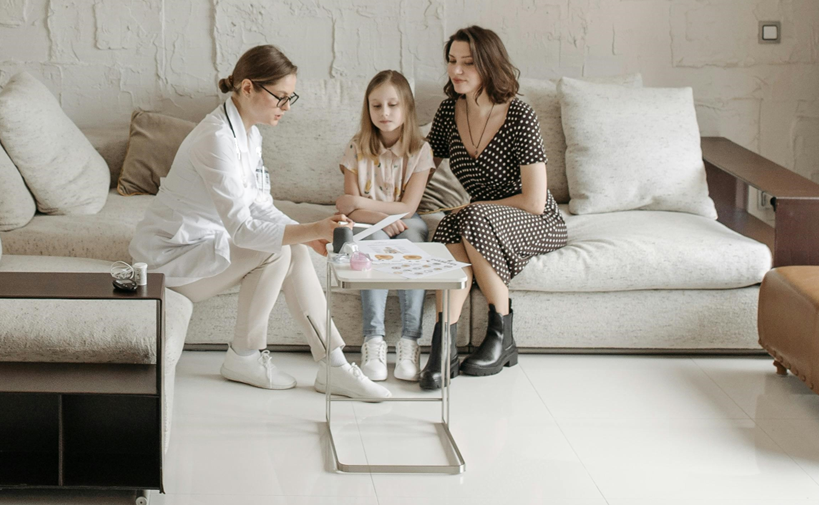
Counselling for Children and Young People
Information for Parents
With busy lives at home and increasing demands from schools, being a parent can be hard. As parents we may be trying our best, but still feel we need to reach our for some support at times. Many children and young people may experience difficulties with their emotional wellbeing or present difficult behaviours at home or school.
Professional support for children and young people can be life-changing. Professional and timely support can help you strengthen your relationship with your child, and increase your child’s confidence. It can also improve you child’s performance at school, and their friendships. This can bring a happier home life, and enable your child to fulfil his or her full potential.
If you worry about your child, feel angry or confused about your child, or if your child does things you may not understand, I am here to listen and offer some guidance to help you move forward.
Seeking professional help can sometimes feel daunting, but seeking help is a brave and important step forward in helping your child. Counselling is a safe and confidential space for you and your child to express your concerns, no matter how big or small. Sometimes children express their feelings through talking, or they ‘play out’ their feelings through play or creative activities.
The counselling service is tailored to the individual needs of you and your child.
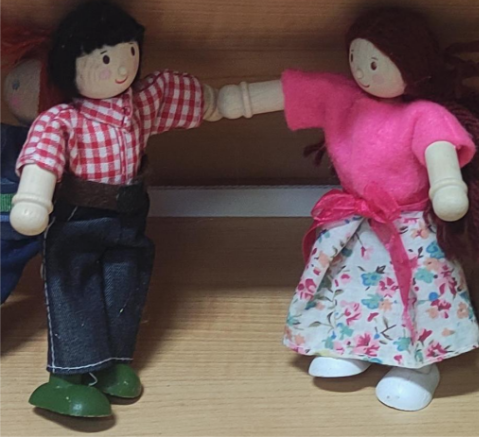
The First session
The first session is typically with the parent. I offer an initial consultation where we discuss your concerns about your child. I will conduct an initial assessment to gain an understanding of what is going on for you and your child. The second session is usually with the parent and child together where each person gives consent for the counselling to begin.
If you would like us to work together, I will meet your child individually in a room (with toys for younger children). In this room, I will listen and reflect your child’s feelings, to help your child develop self-awareness. Counselling aims to help your child learn to express his or her feelings in ways that benefit your child. In time, you will probably see an increase in your child’s confidence, and a change in your child’s behaviour.
We do not know how long counselling is needed for, as each child is different. I offer review meetings, where I can update you on the progress your child is making. In our meetings you may wish to share developments from home or school, or you may want to discuss your concerns in specific areas you would like help with. You will be able to ask any questions you want at any time.

Counselling for Children
When we get hurt, and don’t know what to do, our mum, or teacher may give us a hug or a plaster, and be there to look after us. Sometimes we are hurting inside with our feelings. We all have big feelings and sometimes we don’t understand those feelings. Sometimes we may do things we get in trouble for. We may know why this happens or we may not even know why.
Sometimes when children have big feelings, like feeling sad, angry or scared, and they don’t know what to do, they come to see me and this is what I can help with.
Sometimes, it is hard to talk about our feelings, but when we talk or play, sometimes we feel better.
The First session
If you would like to come and see me, first, I will meet your mum or dad, to find out how you are doing. Then, I will meet with you and your mum or dad together, where we can all agree what we will do next. I may see you or your mum/dad separately. I may ask you about your hobbies and the things you may be struggling with. This can help me understand what is going on for you.
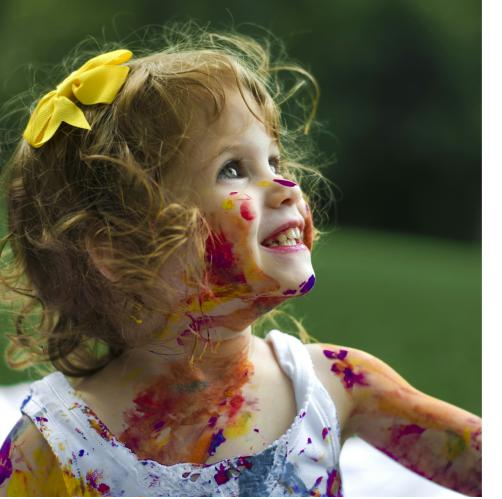
The next sessions will be for us to get to know each other. When you come to see me we will go in a room, where you can choose to play or not. We have toys for little children in this room. In this room, we will keep each other and the toys safe.
In this room you will get to choose what to do, whether you want to talk or play, or not. Little children sometimes choose to play with the toys in any way they like. I will be there with you to talk or play, it is up to you.
When we are together, you can tell me how you find the sessions and what about the sessions may be helpful or unhelpful for you, so I can try and make our sessions as helpful for you as possible.

Counselling for Young People
If you are under 18, your parent needs to be with you when the session begins and when it ends. If you are over 18 you can self-refer to the counselling service. If something is going on at home that you are worried about, tell a teacher, or trusted adult.
In our first session, I may ask you some questions about what brought you to counselling, to try and understand what is going on for you. You will be able to ask me questions too if you like. If you are under 18 years, I may see you and your parent separately. Some young people experience some anxiety before the sessions, which is understandable. If this relates to you, I would like to reassure you that I am not here to judge, only offer some guidance and help you move forward.
Based on the assessment from our first session, we can discuss how we might work together to help you achieve your goals. We can discuss together how to structure our sessions.
What we discuss in our sessions will depend on what you are struggling with and the type of therapy you have. In our sessions, we will work together as a team to find answers to the problems that concern you, no matter how big or small these may be.
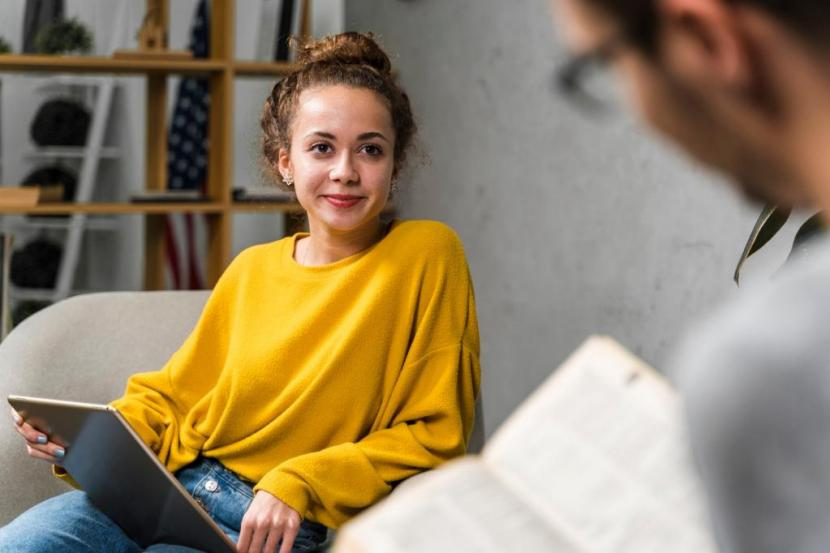
It may feel difficult at times to talk about how you feel. It is okay if you do not feel comfortable to talk about certain things, just let me know. These are YOUR sessions, so it is important they feel right for you.
You can tell me what you find helpful or unhelpful in our sessions. I will do everything I can to make our sessions as helpful for you as possible. You can see me for as long as you would like to depending on your needs, goals and preferences.
What I can help with:
My experience includes but is not limited to:
- ADHD
- Difficult or disruptive behaviour
- Anger
- Autism Spectrum Conditions
- Anxiety
- Low mood and depression
- Self-confidence/Self-esteem
- Trauma
- Attachment Issues
- Poor School Attendance
- Social Difficulties (bullying, social exclusion)
- Relationship issues
- Friendship difficulties
- Social Withdrawal
- Child adjustment during family seperation or divorce
- Bereavement/Loss
I have specialist expertise in ADHD, anger and difficult behaviours. I use evidence-based treatments for children and young people recommended by national and international guidelines.
I am a Certified Practitioner in Therapeutic Play Skills (PTUK) after having completed specialist training with the Academy of Child and Play Psychotherapy (APAC). I am a registered member of BACP and practise within the BACP Competency Framework for Working with Children and Young People (4–18 years). I am on the register for Play and Creative Arts Therapists in the UK.
My clients are protected by the ethical guidelines of the BACP, a professional body for counsellors and psychotherapists in the UK. I am insured and registered with the Information Commissioner’s Office. My practice is supervised to certify service quality.
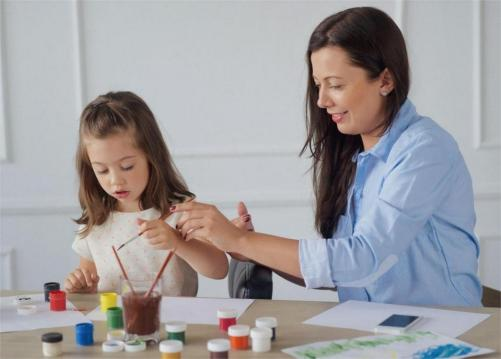
Types of Therapy
Integrative approach
As an integrative psychotherapist I draw on a variety of approaches. My work draws on approaches such as Person-Centred Therapy, and psychodynamic psychotherapy. I aim to offer a safe and confidential space where the child and young person feels ‘seen’. I build a strong relationship with the child or young person I work with, and this is a key aspect of my therapeutic work.
This work may include components of Cognitive-Behaviour Therapy (CBT) for children and young people. This involves examining any unhelpful thought patterns, and the way they affect emotions and behaviours. This approach focuses on challenging unhelpful thoughts, and helping the child or young person develop skills and strategies to cope in daily life.
I may introduce structured activities in my work with children and young people. These may include therapeutic stories, creative visualisation, creative activities, puppets or sand tray play. I tailor therapy to meet the individual needs of each child. This is facilitated by my academic and research background which has offered me a robust understanding of child development.

Therapeutic Play
I use therapeutic play as a tool in my work with young children, who often communicate non-verbally. ‘Toys are viewed as the child’s words and play as the child’s language’ Landreth (2012). Play is the child’s natural medium of self-expression, as it allows children to make meaning of what they do not understand. Play can help the child to develop new ways of thinking and being.
My work draws heavily on child-centred therapeutic play, which offers an opportunity to children to ‘play out’ their feelings in a trusting relationship with the therapist. This can help children with emotional, social and/or behavioural difficulties to develop trust in themselves. Through play, children learn to master their feelings and develop self-confidence, and self-direction.
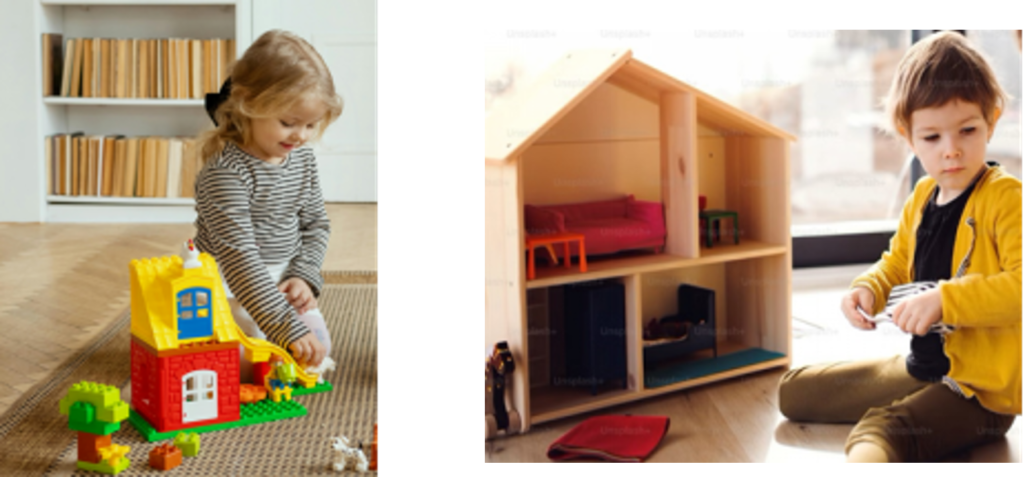
Costs
Counselling and Psychotherapy for Children and Young People are often seen as an investment.
Each session is charged at a standard rate of £50. I offer lower rates for families on low income.
Please, contact me if you would like to discuss with me about discounted rates.
Emergency contacts
Papyrus Prevention of Young Suicide:
Tel: 0800 064 41 41
GMMH Mental Health:
24/7 Helpline:
Tel: 0800 953 0285
Police: Dial 999 in an emergency
If your parents cannot keep you safe you need to ring or attend at Accident & Emergency.
